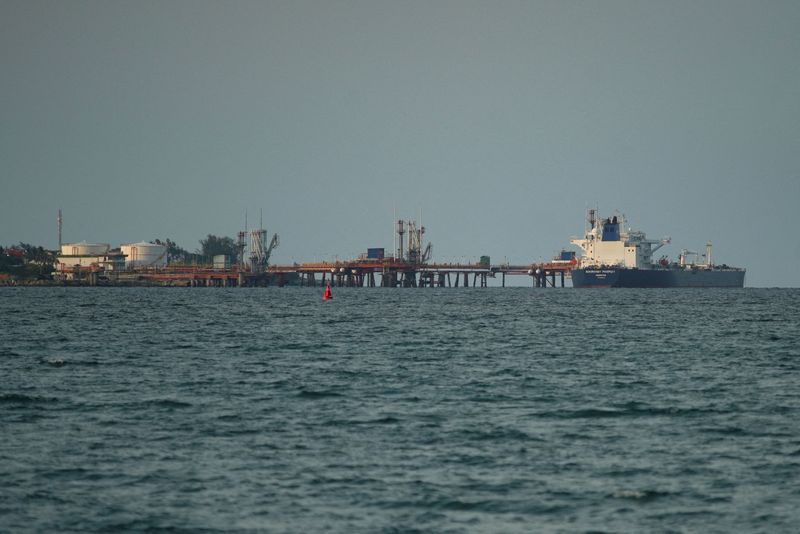Russia’s budget deficit may lead to higher taxes
2023.01.13 11:08

Russia’s budget deficit may lead to higher taxes
Budrigannews.com – Economists stated that Russia is becoming too reliant on oil revenues to support its budget as it increases spending on its military. They also warned that the government may be forced to raise taxes if crude prices do not meet expectations this year.
Since early December, when Western nations led by the Group of Seven (G7) imposed a $60 price cap on Russian oil exports to limit Moscow’s ability to finance what it calls its “special military operation” in Ukraine, the price of Urals oil, which is Russia’s primary export, has fallen by more than 20%.
This could be problematic given that the federal budget for 2023 is based on a hypothetical Urals price of just over $70 per barrel and that prices are currently trading closer to $50.
Russia has relied on China and India, the world’s largest and third-largest importers, to fill the gap as the price cap, Western sanctions, and EU embargo make it harder for Russia to export oil.
In a note that warned of a decline in revenue from exports of gas and oil products, Alfa Bank stated, “The growing dependence of the budget on oil raises concerns.”
According to analysts, the oil price required to balance the budget increased from $67 to $101 a barrel as the government increased spending by more than 25% in 2022, in part to finance its military in Ukraine.
Gazprom (MCX:) was a state-owned energy giant when When dividends and one-time taxes totaled 1.85 trillion rubles ($27.5 billion) in the previous year are taken into account, the actual price of oil required to balance the books could reach $115 per barrel.
According to Finance Minister Anton Siluanov’s statement in December, Russia’s budget deficit was 3.3 trillion roubles ($49 billion) last year, or 2.3% of GDP. It may exceed 2% in 2023 as the price cap reduces export revenues.
According to Natalia Orlova, chief economist at Alfa Bank, “when there is a big gap between the actual price (of oil) and the balancing price, it cannot be sustainably covered by borrowing.”
“Some measures are needed to change fiscal policy, either by cutting spending or looking for more money,”
She added that spending cuts are out of the question because President Vladimir Putin is expected to seek a historic fifth term in an election scheduled for 2024 and regional elections are scheduled for later this year.
According to Renaissance Capital economists, the risk of a higher tax burden in the medium term has increased as a result of last year’s budget, which was heavily skewed toward spending on defense.
In December, Alexei Sazanov, the deputy finance minister, gave the impression that the government would keep an eye out for areas where taxes could be collected in 2023. He also suggested that there might be another tax increase.
It is unclear which industries would see increases in taxes and how much of the burden would fall on the general population. Sazanov stated that the rates of the VAT, profit taxes, and income tax would not be altered; however, other industries might have to pay more in taxes.
He stated, “Detailed, substantive analysis still enables us to find resource sectors where high margins are formed and where it is possible to increase the fiscal burden without affecting the operational and investment activities of companies.”
As Russia’s 10-month military operations in Ukraine continue, the government has already significantly increased the tax burden on the oil and gas industry for 2023 and 2025, the largest such increases in its history. Over the course of three years, the measures are anticipated to generate an additional 3.6 trillion roubles for the Russian budget.
However, a Reuters budget analysis reveals that Moscow will spend nearly a third of its budget on defense and security this year alone, or 9.4 trillion roubles ($140 billion), leaving less money for health, education, and research.
Russia’s biggest banks have been removed from the SWIFT financial network, limiting its access to technology and limiting its ability to export oil as a result of Western sanctions and the conflict in Ukraine.
Moscow asserts that its economy is resilient and that sanctions have boomeranged against the West by driving up inflation and energy prices, despite the government and central bank acknowledging “difficulties.”








